Periodontists are dental specialists who diagnose, treat, and prevent diseases that affect the tissues that surround and support the teeth. These tissues make up the periodontium, which translates directly as, “the area around the teeth.” All dentists are trained in treating mild to moderate periodontal disease, which is a common ailment characterized by inflammation that can be reversed in its early stages, but when periodontal disease is complex or severe, the patient is referred to a periodontist; periodontists undergo an additional three years of training in residency for periodontology, and they gain additional expertise through continued education and hands-on training. Within the field of periodontology, periodontists might focus on specific types of treatment, which include non-surgical periodontal therapy; soft-tissue grafting for recession coverage and gum repair; pre-prosthetic surgeries, including bone reconstruction; and regenerative periodontal therapy.
The periodontium serves multiple crucial functions in the mouth, attaching the teeth to the jaws and absorbing some of the forces of biting and eating, thereby helping prevent potentially painful or destructive damage to the teeth. The periodontium also holds the teeth stably in place and protects their effective positioning, keeping them comfortably aligned when the upper and lower teeth meet during chewing. These supporting structures include the alveolar bone that makes up the socket in the jaw where the tooth nests, the layer of calcified cementum that covers the tooth root, and the periodontal ligament, which is a complex collection of tiny, sturdy fibers that hold the cementum to the alveolar bone of the tooth socket.
Each of these structures that make up the periodontium is made of vital tissue that adjusts to its surroundings over time and can become inflamed in the presence of infection or disease, and, like any disease, inflammation in one structure often causes inflammation in nearby structures. Sometimes, periodontists have to address a possible avalanche of repercussions from periodontal disease, and their first step is to stop the disease from damaging the body’s tissues. When a person’s healing abilities are compromised because of an inflammatory condition or auto-immune disease, this can be reflected in the periodontium, and certain systemic diseases are known to weaken the periodontium and increase the risk of tooth loss. It’s possible for some inflammatory conditions to manifest symptoms in the oral cavity before these symptoms appear elsewhere, and it’s not uncommon for an experienced periodontist to be the first person to suspect certain general health conditions like diabetes and refer the patient to their medical practitioner.
In many cases, treating and effectively managing the greater health concern keeps periodontal disease at bay. For example, smokers face a greatly increased risk of periodontal disease, and smoking cessation benefits the overall health as well as the health of the periodontium. Once periodontal disease is treated, it can be prevented with continued maintenance of healthy habits. In this way, a periodontist can play an important role in improving overall patient health and not just addressing their periodontal concerns – and, in light of the concerns that arise when a person is missing important natural teeth, periodontists can help prevent all sorts of issues in the longer term.
